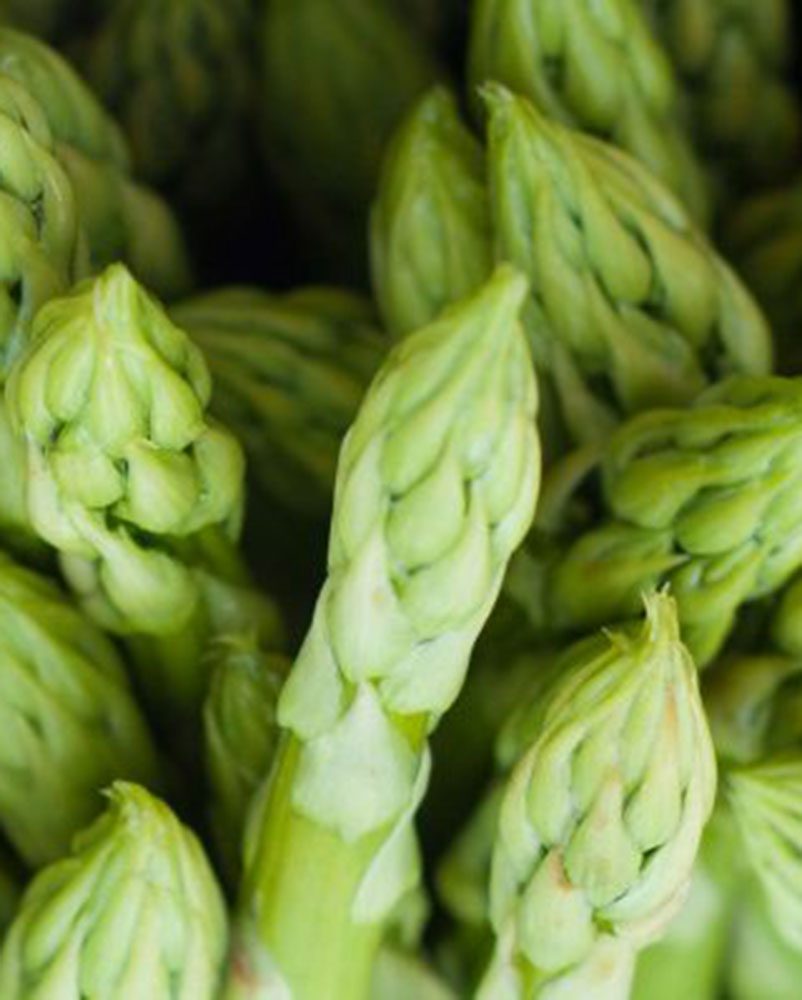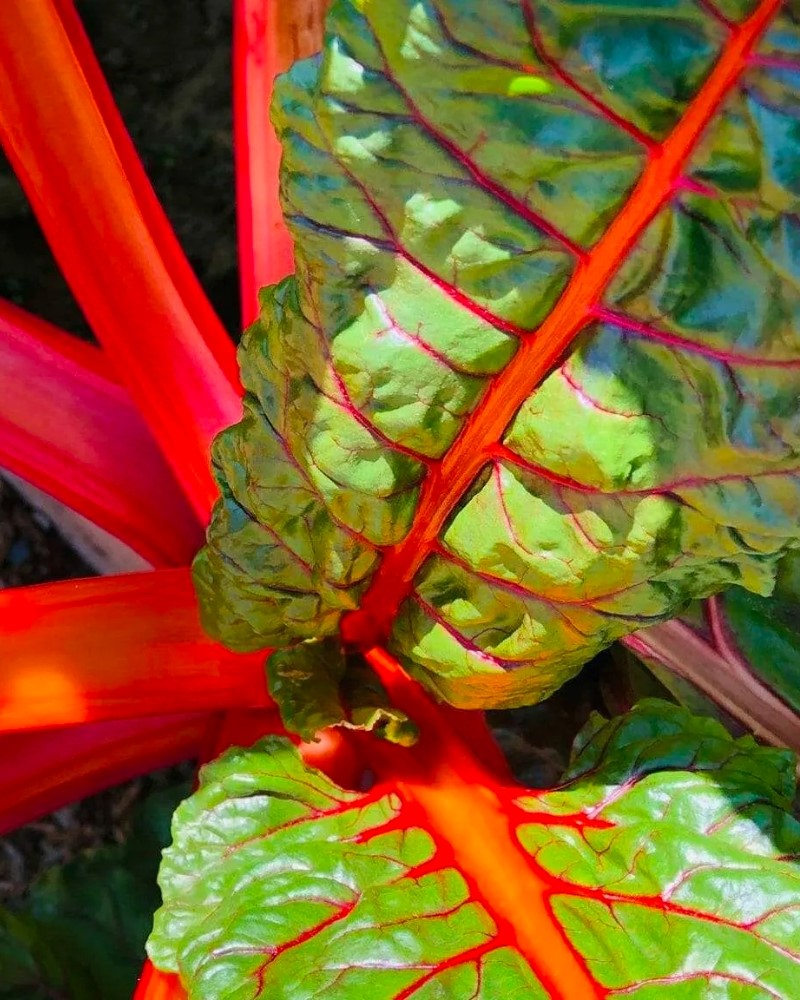Top Immune Boosting Foods

The world is at last waking up to the lymph – that network of nodes (or glands) and vessels that run throughout the body and are so critical to our wellbeing and shape. Lymph nodes are part of your body’s immune system; their role is to filter lymph fluid, composed of fluid and waste, from tissues and organs, which guards you from infections and viruses; by keeping your system cleansed lymph also offsets the bloat and puff that compromise shape. The nodes are located throughout your body, including your neck, armpits, groin, around your gut and between your lungs.
Feeding your body certain foods will support your lymph and help keep your immune system strong. So if you’re looking for ways to prevent colds and flu your first step should be to start planning your meals to include these 15 powerful immune system boosters. Bring on the papaya!
1. Citrus Fruits
Most people turn straight to vitamin C after they’ve caught a cold. That’s because it helps build up your immune system. It’s also thought to increase the production of white blood cells, which are key to fighting infections.
Almost all citrus fruits are high in vitamin C, so it’s easy to add a squeeze of this vitamin to any meal.
- Grapefruit
- Oranges
- Clementines
- Tangerines
- Lemons
- Limes
As your body doesn’t produce or store it, you need daily vitamin C for continued health. The recommended daily amount for most adults is:
- 75 mg for women
- 90 mg for men
2. Red bell peppers
If you think citrus fruits have the most vitamin C of any fruit or vegetable, think again. Ounce for ounce, red bell peppers contain almost 3 times as much vitamin C as an orange. They’re also a rich source of beta carotene.
Besides boosting your immune system, vitamin C may help you maintain healthy skin. Beta carotene, which your body converts into vitamin A, helps keep your eyes and skin healthy.
3. Broccoli
Broccoli is supercharged with vitamins and minerals. Packed with vitamins A, C, and E, as well as fibre and many other antioxidants, broccoli is one of the healthiest vegetables you can put on your plate.
The key to keeping its power intact is to cook it as little as possible — or better yet, not at all. Steaming is the best way to keep more nutrients in this vegetable.
4. Garlic
Garlic is found in almost every cuisine in the world. It adds a little zing to food and it’s a must-have for your health. Early civilizations recognised its value in fighting infections. Garlic may also slow down hardening of the arteries, and there’s some evidence that it helps lower blood pressure. Garlic’s immune-boosting properties seem to come from a heavy concentration of sulfur-containing compounds, such as allicin.
5. Ginger
Ginger is another ingredient many turn to after getting sick. Ginger may help decrease inflammation, which can help reduce a sore throat and inflammatory illnesses. Ginger may help with nausea as well. Ginger may also decrease chronic pain and might even possess cholesterol-lowering properties.
While it’s used in some sweet puddings, ginger packs some heat in the form of gingerol, a relative of capsaicin.
6. Spinach
Spinach makes the list not just because it’s rich in vitamin C, it’s also packed with numerous antioxidants and beta carotene, which may both increase the infection-fighting ability of our immune systems. Similar to broccoli, spinach is healthiest when it’s cooked as little as possible so it retains its nutrients. However, light cooking makes it easier to absorb the vitamin A and allows other nutrients to be released from oxalic acid, an anti-nutrient.
7. Yogurt
Look for yogurts that have the phrase ‘live and active cultures’ printed on the label, like Greek yogurt. These cultures may stimulate your immune system to help fight diseases. Try to get plain yogurts rather than the kind that are flavoured and loaded with sugar. You can sweeten plain yogurt yourself with healthy fruits and a drizzle of honey instead. Yogurt can also be a great source of vitamin D, so try to select brands fortified with this vitamin.
Vitamin D helps regulate the immune system and is thought to boost our body’s natural defenses against diseases.
8. Almonds
When it comes to preventing and fighting off colds, vitamin E tends to take a backseat to vitamin C. However, this powerful antioxidant is key to a healthy immune system. It’s a fat-soluble vitamin, which means it requires the presence of fat to be absorbed properly. Nuts, such as almonds, are packed with the vitamin and also have healthy fats.
9. Sunflower seeds
Sunflower seeds are full of nutrients, including phosphorous, magnesium, and vitamins B-6 and E. Sunflower seeds are also incredibly high in selenium. Just one ounce contains nearly half the selenium that the average adult needs daily.
10. Turmeric
You may know turmeric as a key ingredient in many curries. This bright yellow, bitter spice has also been used for years as an anti-inflammatory in treating both osteoarthritis and rheumatoid arthritis. High concentrations of curcumin, which gives turmeric its distinctive color, can help decrease exercise-induced muscle damage.
Curcumin has promise as an immune booster (based on findings from animal studies) and an antiviral.
11. Green tea
Both green and black teas are packed with flavonoids, a type of antioxidant. Where green tea really excels is in its levels of epigallocatechin gallate (EGCG), another powerful antioxidant. In studies, EGCG has been shown to enhance immune function. The fermentation process black tea goes through destroys a lot of the EGCG. Green tea, on the other hand, is steamed and not fermented, so the EGCG is preserved.
12. Papaya
Papaya is another fruit loaded with vitamin C. You can find double the daily recommended amount of vitamin C in a single medium fruit. Papayas also have a digestive enzyme called papain that has anti-inflammatory effects.
13. Kiwi
Like papayas, kiwis are naturally full of essential nutrients, including folate, potassium, vitamin K, and vitamin C. Vitamin C boosts the white blood cells to fight infection, while kiwi’s other nutrients keep the rest of your body functioning properly.
14. Poultry
When you’re unwell and you reach for chicken soup, it’s more than just the placebo effect that makes you feel better. The soup may help lower inflammation, which could improve symptoms of a cold. Poultry, such as chicken and turkey, is high in vitamin B-6. About 3 ounces of light turkey or chicken meat contains nearly one-third of your daily recommended amount of B-6. Vitamin B-6 is an important player in many of the chemical reactions that happen in the body. It’s also vital to the formation of new and healthy red blood cells.
Stock or broth made by boiling chicken bones contains gelatin, chondroitin, and other nutrients helpful for gut healing and immunity.
15. Shellfish
Shellfish isn’t what jumps to mind for many who are trying to boost their immune system, but some types of shellfish are packed with zinc. This nutrient doesn’t get as much attention as many other vitamins and minerals, but our bodies need it so that our immune cells can function as intended.
Varieties of shellfish that are high in zinc include:
- Oysters
- Crab
- Lobster
- Mussels
Keep in mind that you don’t want to have more than the daily recommended amount of zinc in your diet as too much can inhibit immune system function:
- 11 mg for adult men
- 8 mg for most adult women


